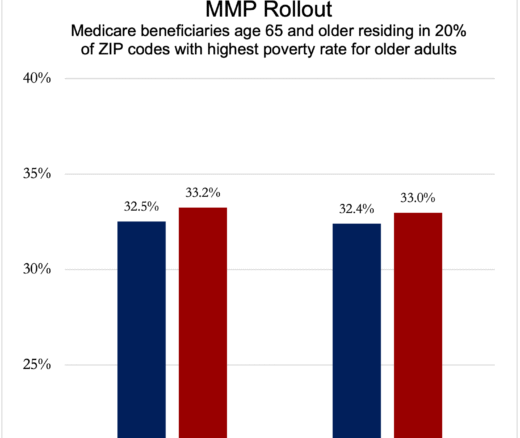
Medicare Payment Model Shortchanges Rural Patients, Study Finds
CMS’s Main Risk Adjustment Method Underestimates Rural Patients’ Health Risks, LDI Fellows Show, Potentially Reducing Access to Care in the Heartland
In Their Own Words

The following excerpt is from an op-ed that first appeared in STAT News on August 26th, 2024.
Recently, Columbia University’s president resigned after months of chaos, following in the footsteps of Harvard and my own institution, Penn.
Besides struggling with encampments, building takeovers, and commencement challenges, the three universities have something else in common: They have all chosen MDs as president or interim president.
Some people might be surprised by that. But I’m not.
I’ve trained more than 2,000 clinicians in leadership positions over the last 15 years. I’ve seen firsthand how clinical decision-making and experience in the trenches of a hospital can prepare a clinician to be an effective leader in medical as well as non-medical business settings.
Those heading to medical or nursing school gravitate there because they inherently want to better the lives of others. They must be exceptional students, mastering science, math, and literature. The combination of problem-solving skills and empathy for others is rarely a requirement in other professions. Nevertheless, it is a crucial special sauce for thriving as a leader.
Read the entire op-ed here.


CMS’s Main Risk Adjustment Method Underestimates Rural Patients’ Health Risks, LDI Fellows Show, Potentially Reducing Access to Care in the Heartland

Experts at Penn LDI Panel Call for Rapid Training of Students and Faculty

A Proven, Low-Risk Treatment Is Backed by Major Studies and Patient Demand, Yet Medicare and Insurers Still Make It Hard To Use

New Study From LDI and MD Anderson Finds That Black and Low-Income, Dually Eligible Medicare Patients Are Among the Most Neglected in Cancer Care

Her Transitional Care Model Shows How Nurse-Led Care Can Keep Older Adults Out of the Hospital and Change Care Worldwide

Chart of the Day: Medicare-Medicaid Plans—Created to Streamline Care for Dually Eligible Individuals—Failed to Increase Medicaid Participation in High-Poverty Communities